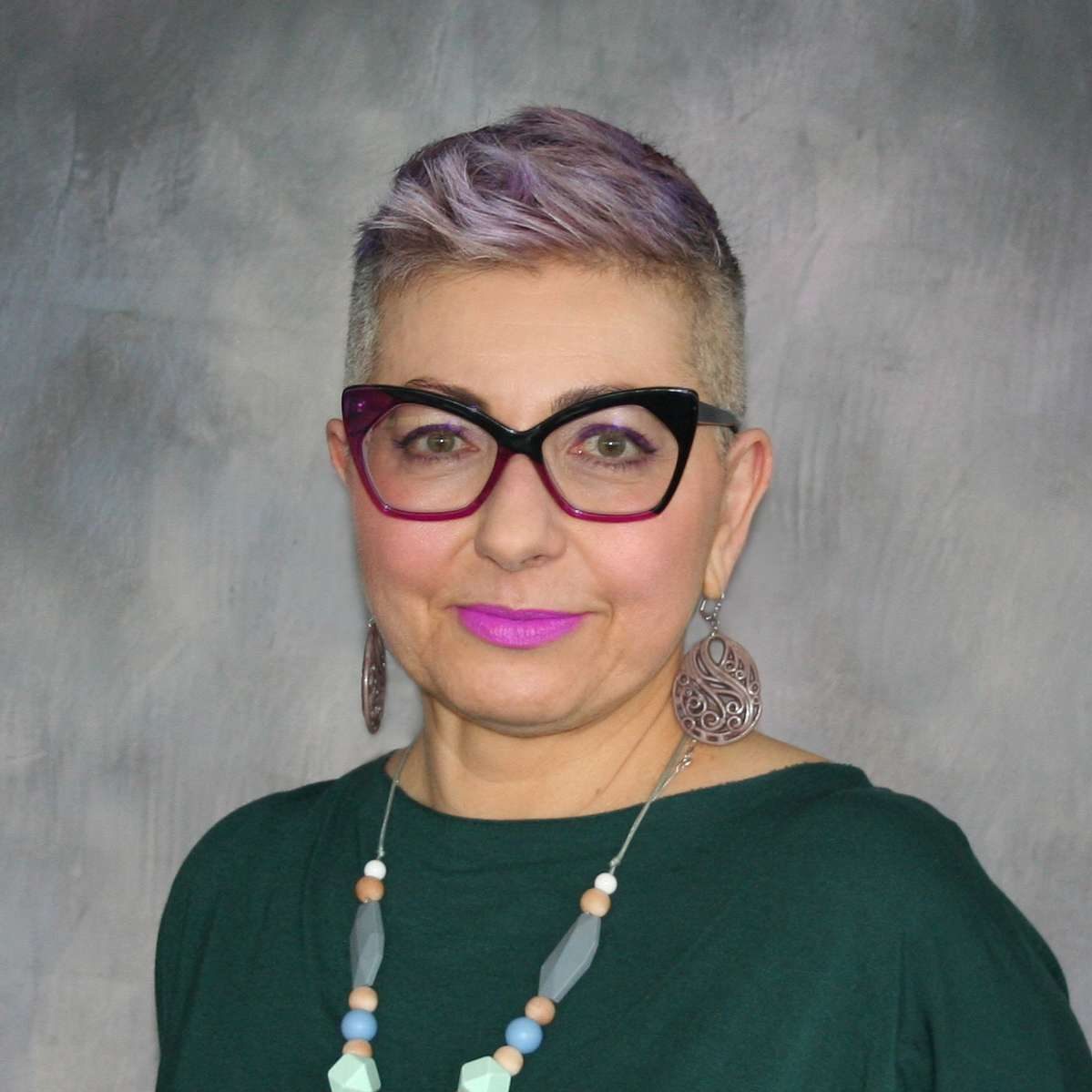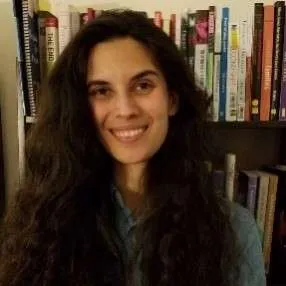Editorial Note:
This profile of Dr. Lorella Palazzo is brought to you through a partnership between the Association for Applied and Clinical Sociology (AACS) and Applied Worldwide. Thank you to AACS and all those who made valuable contributions to the Profiles in Applied & Clinical Sociology series.
This profile is presented with the intentions of: 1) providing students with examples of applied sociology, 2) providing market value to sociological skills and services, and 3) promoting the work of individual sociological practitioners and organizations. You can learn more about AACS at aacsnet.net.
Lorella Palazzo, PhD
Lorella Palazzo earned both a B.A. and M.A. degree in sociology. She later went on to earn her Ph.D. in sociology and now works as a collaborative scientist and evaluator at the Kaiser Permanente Washington Health Research Institute. Dr. Palazzo told us she established herself as an applied and clinical sociologist “through a mix of chance, skills, and networking. [She] started working at a health research center while in graduate school, and when that funding ended [she] received a tip and applied for a position as clinical analyst for Washington State.” At that time, she began her work in evaluation consulting for a year and finally ended up in her current role.
When we asked Dr. Palazzo what kinds of skills sociologists should hone to find themselves on a similar professional path, she told us:
Data collection and analysis (both qualitative and quantitative), excellent written and oral communication skills, ability to work in teams, project management skills, and of course a desire to work in health care research and evaluation.
Read the full interview with with Dr. Palazzo about her sociological work as a health care researcher and evaluator below:
Using Sociology in Practice with Lorella Palazzo
In general, how do you use sociology in practice?
I apply my “sociological imagination” collaborating on projects usually led by clinicians or researchers trained in the biomedical sciences. My instinct to always look at context, systems, structural constraints and power relations is distinctive and not always as intuitive to others. It is often my responsibility to explain and show how a sociological perspective can be usefully incorporated into what we’re doing, but I must say that the general environment for social scientists has improved. In the health field, there is a growing recognition that social, cultural, and behavioral aspects of illness and treatment must be considered if patient outcomes are to be improved.
How do you use sociological research methods in practice?
I have led or contributed to evaluation and research projects with both quantitative and qualitative components, though I am currently steeped in qualitative methods. Those include semi-structured interviews, observations, and focus groups. I am usually responsible for creating a data collection plan, collecting and analyzing data, and disseminating findings.
Lessons for Future Practitioners
What types of courses should undergraduate students take in preparation for a career in your type of practice?
I would highly recommend methods and writing courses, evaluation or policy-relevant classes, and opportunities for credit through community service or other practical ways of applying course content in the “real world.”
What types of courses should graduate students take in preparation for a career in your type of practice?
In addition to sociology courses, courses in public health, health services, and/or health/public policy would be valuable for anyone interested in health care. And again, learning project management skills can be extremely useful no matter one’s future job role. What types of experiences should undergraduate students seek in preparation for a career in your type of practice? Volunteer or paid positions in community-based or public service organizations would be ideal. In general, any role in which students can refine their communication skills with a variety of people outside of a college classroom would prove helpful.
What types of experiences should graduate students seek in preparation for a career in your type of practice?
I would recommend research assistantships or other positions where students can be part of interdisciplinary teams. Outside of academic departments, most research or applied projects are team-based, therefore being able to form and maintain effective collaborations to achieve project goals is a critical skill.
What texts or authors can people reference to learn more about the work you do as an applied or clinical sociologist?
For those interested in evaluation or applied uses of qualitative methods, Michael Quinn Patton, a sociologist, is well worth reading. Case studies are a useful design in applied projects – Robert Yin’s “Case Study Research: Design and Methods” is a slim, accessible but authoritative source.
How would you describe the daily life of an applied or clinical sociologist?
In my current role, it depends on projects. I am usually working at a computer or attending meetings but will sometimes travel to clinics to collect data. Focus groups can also be off-site. I conduct both in-person and phone interviews, and occasionally present findings or lead shared learning activities with internal/external stakeholders.







